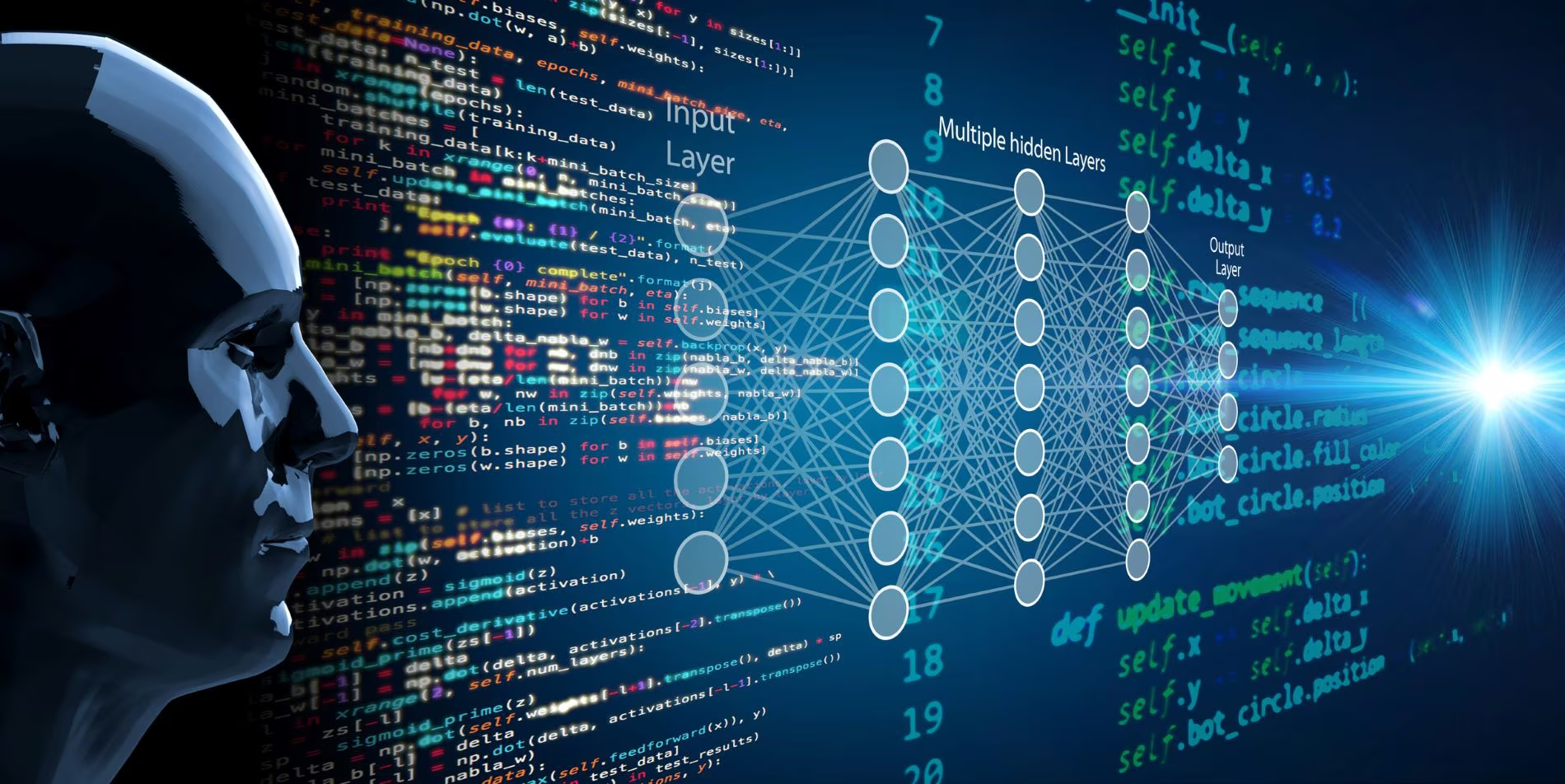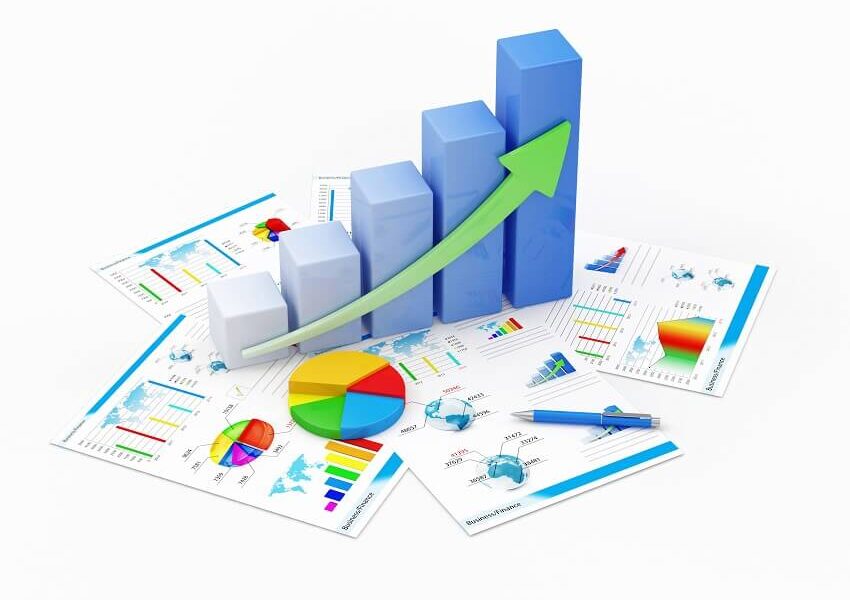Machine learning has come a long way since its inception in the 1950s. Today, it is a key technology in a wide range of applications, from recommendation engines to medical diagnostics. In this post, we will explore how machine learning has evolved and how it is impacting various industries.
History and Evolution of Machine Learning
The concept of machine learning originated from the idea that machines could learn from data, a fundamental principle that has significantly evolved. In the early years, the focus was on basic algorithms such as decision trees and simple neural networks. Over time, the increase in computing power and the availability of large volumes of data (Big Data) have enabled the development of more complex algorithms, such as deep learning neural networks.
Applications in Industry
– Healthcare: In the healthcare sector, machine learning is used to analyze medical images, predict disease outbreaks, and personalize treatments for individual patients.
– Finance: Predictive models based on machine learning help financial institutions detect fraud, assess credit risks, and optimize investment strategies.
– Marketing: Companies use machine learning to analyze consumer behavior, segment markets, and optimize advertising campaigns.
Relevant Case Studies
– Cancer Diagnosis: Machine learning algorithms have been trained to detect cancer cells in medical images with an accuracy that often surpasses that of human doctors.
– Fraud Detection: Financial institutions use machine learning models to analyze transactions in real time and detect fraudulent activities with high precision.
Future Prospects
The future of machine learning is promising, with continuous advancements in areas such as deep learning, reinforcement learning, and federated learning. These technologies are enabling increasingly sophisticated and accurate applications. However, they also pose challenges in terms of ethics and privacy, which must be addressed as the technology evolves.
Machine learning has revolutionized many industries by enabling machines to learn and make data-driven decisions. As this technology continues to evolve, we are likely to see even more innovative applications and a greater impact on society. Companies and professionals must be prepared to adapt to these changes and leverage the opportunities that machine learning offers.






